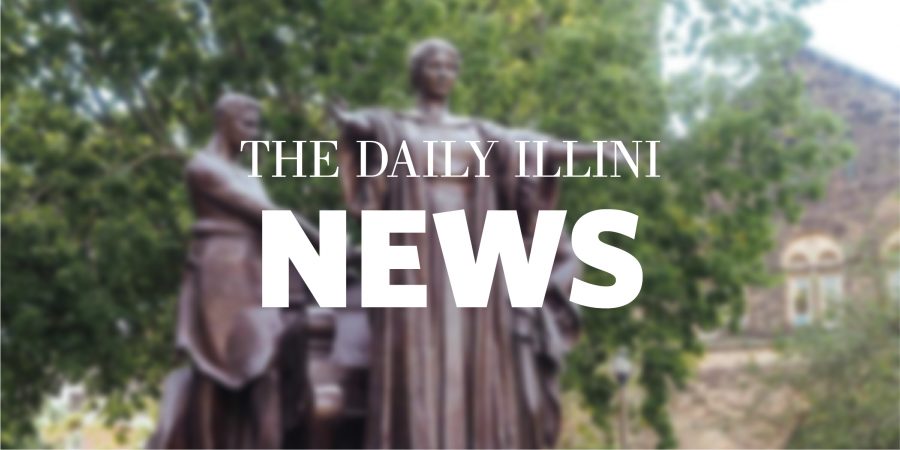Bill to cap insulin prices passes Illinois Senate
November 18, 2019
The Illinois Senate recently passed a bill that would cap out-of-pocket insulin costs at $100 for a 30-day supply, but it only applied to commercial insurance plans regulated by the state.
Garth Reynolds, executive director of the Illinois Pharmacists Association, said Senate Bill 667 is an important first step in helping patients with diabetes and working to address one of the highest cost components of treatment. He said insulin prices have increased significantly over the last decade.
“It’s a beginning, but it’s not going to be 100% of the solution,” Reynolds said. “We still need to examine other factors that are causing the high increases in drug pricing in this bill. It doesn’t adequately attack all of the issues but does start to address some of the symptoms.”
Since only three companies — Eli Lilly and Company, Novo Nordisk and Sanofi — control the global insulin market, they are able to have a monopoly over the product and increase prices drastically.
This bill only addresses the issue in terms of insurance company costs rather than the three companies controlling the insulin supply.
Get The Daily Illini in your inbox!
“I don’t know why they are putting restrictions on health insurance companies as opposed to trying to place restrictions on the pharmaceutical companies because it’s the pharmaceutical companies that people seem to be unhappy with for the pricing,” said Brendan Wolan, senior in Engineering and authorized agent in the UIUC chapter of the College Diabetes Network.
This bill marks a historical moment for Illinois because it is the second state to limit out-of-pocket insulin costs. However, there are some factors affecting insulin costs that may counter the efforts of this bill.
Whether or not an individual with diabetes needs insulin supplements depends on if they have type 1 or type 2 diabetes.
About 10% of the 1.25 million people in Illinois that have diabetes have type 1. This means they need insulin to survive. According to Wolan, if they abstain from their insulin medication, they are at risk of being hospitalized or dying.
High insulin costs lead some people to buy the medication internationally where it is cheaper.
“I recommend that they do not look at that as a balanced solution,” Reynolds said. “Trying to obtain medications outside of the United States is a very risky endeavor. You may be getting something in a cheaper cost, but you may not be getting the actual insulin product.”
The rebates system is the primary cause of the insulin price increase because of how the process occurs. Pharmacy benefit managers require drug companies that manufacture insulin and want to supply the medication to the public to pay the system a large sum of money.
Reynolds said future policies should look into eliminating the rebate system so pharmacy benefit managers can revert back to their original roles, which is to facilitate claims between health insurance companies and pharmacies.
The rebate system, Reynolds said, has remained unregulated by the government. It essentially profits off of insulin manufacturers and requires drug companies to pay large amounts of money. The Illinois Pharmacists Association considers it to be a crime. Technically, however, it is considered legal.
“A bill like this — I worry is a very is a large oversimplification to a hugely complex problem,” Wolan said.







